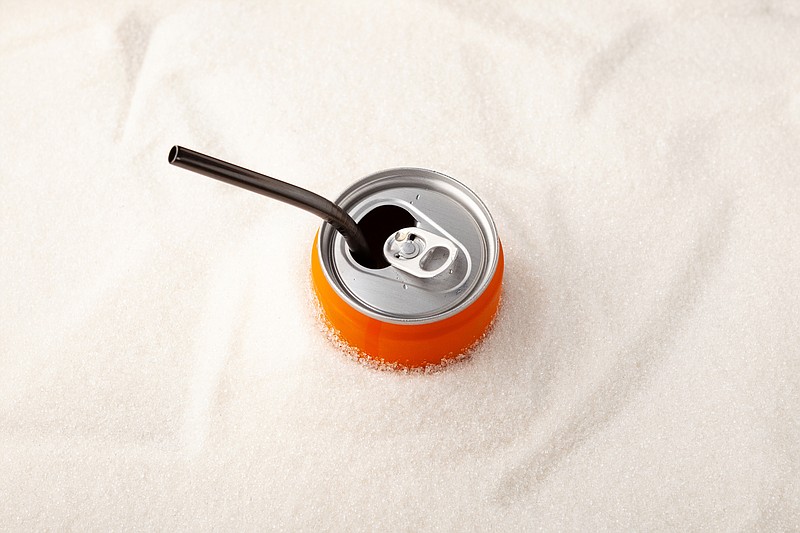How many of you are making that New Year's resolution to get back into shape? I figure I'm not alone. While the cost of binge favorites like cookies, cake, pie and ice cream have increased, has that stopped you? Since the pandemic began, 42% of adults gained an average of 29 pounds. Obesity was already a major health hazard before COVID - and now about 72% of American adults have tipped the scale into overweight or obese categories.
But I'm especially concerned about our youngsters. Before COVID-19, obesity affected around 20% of American children. The pandemic has meant less access to physical activity at school and fewer extracurricular sports activities. Mental health issues are making stress eating a new norm. Doctors are now reporting a weight gain of between 10 and 20 pounds in their young patients.
Like any addiction, we know that binge eating is a tough habit to break, especially when you feel that you've earned the treat. I remember when my brother drove home from weekly chemotherapy treatment, he'd stop off at the local gas station and gorge on Oreo cookies.
Sure, I can advise loved ones on healthy eating. But in private, I have the usual anxiety about getting on the scale. In reality, I have no more will power than anyone else. The only way to make sure I don't go overboard eating is to remove all the sugar-laden goodies from the house: out of sight, out of mind.
But what happens if there's little healthy food in the house? Here's where we see individual choices in their socioeconomic context. If there's little access to healthy food, your choices are virtually nonexistent. The lack of healthy food in impoverished neighborhoods makes Oreo cookies a great alternative to hunger pains. Financial distress and food deserts create a perfect storm where obesity and food insecurity meet.
Keep in mind that obesity is associated with Type 2 diabetes, heart disease and some cancers. Obesity increases health care spending by billions annually, often paid by our tax dollars. If that doesn't get your attention, remember that it's an underlying condition associated with high risk of COVID hospitalization and death.
Fortunately, the expanded child tax credit gave many families relief this year. But we risk having nearly 10 million children fall back below the poverty line when the program expires today. Increasing the divide between the have and have-nots is not a great recipe for our nation's future.
While it's good to see Congress debating these issues, the push-and-pull over federal funding for healthy food is complex. Many elected officials claim it's too costly to address, but they're delighted to take federal funds for school meals. That includes Sen. Joe Manchin of West Virginia who nixed the child tax credit and has held up Biden's Build Back Better (BBB) as federal overreach.
The Community Eligibility Provision in the BBB should have universal support. It helps more schools in low-income communities bring free meals to all students and assists schools with large numbers of low-income children to provide them free meals, too.
So if you're munching on celery sticks and wish they were cookies, just be grateful that you chose wisely. Too many people don't have that option with both personal and societal consequences. Show your gratitude by advocating for BBB and give kids a chance for wellness. Maybe then we can all be hopeful for a healthy 2022.
Contact Deborah Levine, an author, trainer/coach and editor of the American Diversity Report, at deborah@diversityreport.com.
